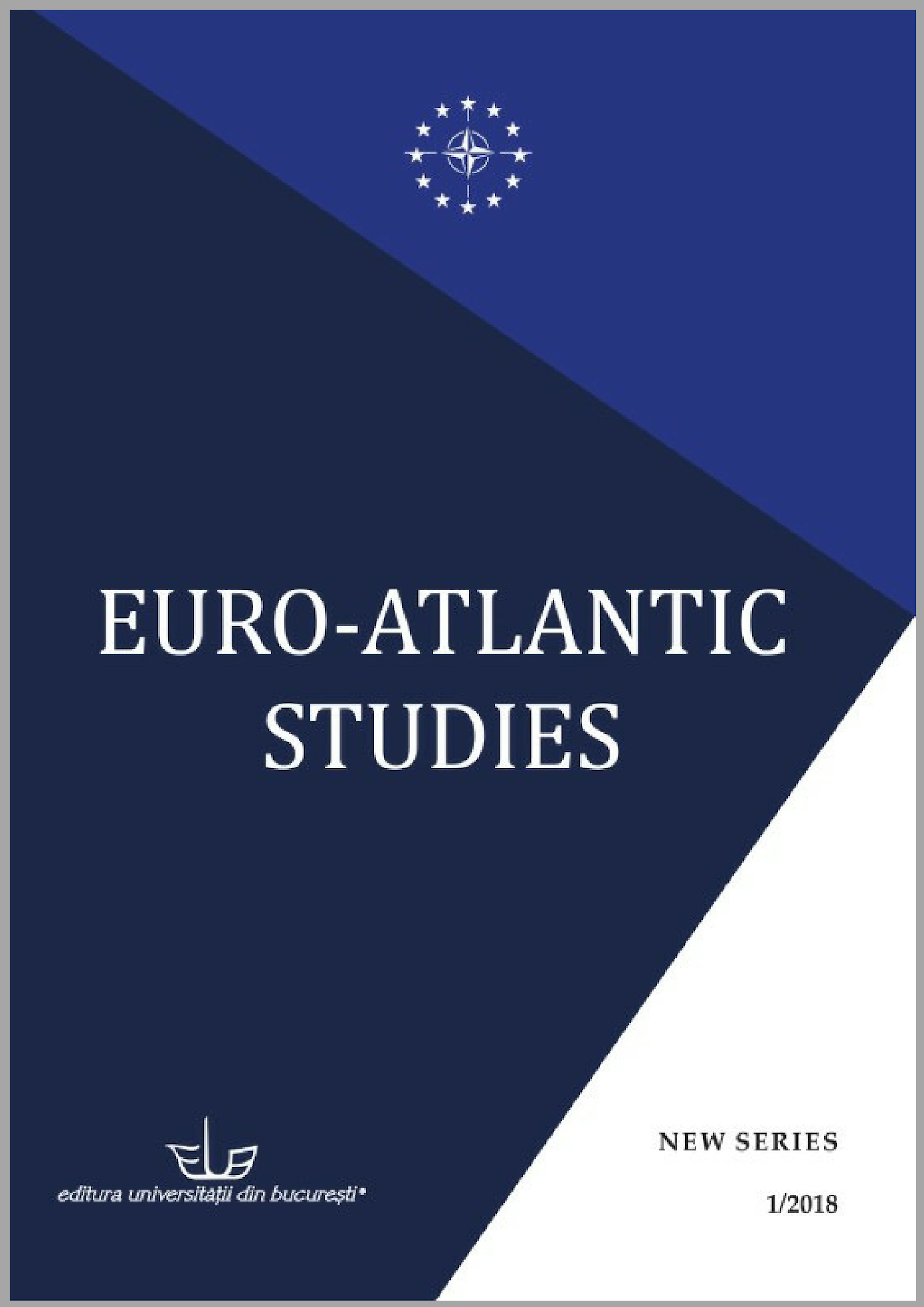Rethinking Nuclear Risk in the Post-Fukushima Era
Rethinking Nuclear Risk in the Post-Fukushima Era
Author(s): Tudor IonescuSubject(s): Politics / Political Sciences, Energy and Environmental Studies, Civil Society, Governance, ICT Information and Communications Technologies
Published by: Editura Universităţii din Bucureşti
Keywords: Fukushima nuclear accident; nuclear accidents; nuclear security;
Summary/Abstract: The paper discusses some issues concerning the different types of risks entailed by the civil uses of nuclear technology around the turn of the millennium. This discussion is meant as an introduction into a broadly studied topic revived by the Fukushima accident from 2011. As we shall see, some important theoretical strands from the field of Science and Technology Studies (STS) and elsewhere concerning nuclear risks have their roots in observations about the Chernobyl nuclear accident from 1986 and the less severe accident at Three Mile Island from 1979. These accidents, along with other technological crises have inspired scholars, including Ulrich Beck, Charles Perrow, Brian Wynne, Sheila Jasanoff, and William Kinsella—to name but a few—to shed a different light upon technological failure. The results of the work of these scholars were turned into social theories and sensitizing concepts about technological risk, expertise, and techno-political regimes, which have influenced the way we think about nuclear and other risks today. In the next section, we introduce some of these theories and concepts to set the stage for a discussion of different models for conceptualizing and communicating risk before proposing one of our own. We then briefly discuss radiation maps in light of what Jasanoff termed “technologies of hubris and humility” and provide an outlook into future topics of potential interest in relation to nuclear risk.
Journal: Euro-Atlantic Studies
- Issue Year: 2018
- Issue No: 1
- Page Range: 15-37
- Page Count: 23
- Language: English

